Description
An infant incubator, also known as a neonatal incubator, is a medical device used in hospitals and healthcare facilities to provide a controlled and protective environment for premature babies or infants requiring intensive care. Here are some key features and functions of an infant incubator:
- Temperature Regulation: The incubator maintains a stable and controlled temperature within a specific range to keep the baby warm and prevent hypothermia. The temperature can be adjusted based on the baby’s needs and monitored through a digital display.
- Humidity Control: The incubator regulates humidity levels to prevent excessive moisture loss from the baby’s skin, minimizing the risk of dehydration. It helps create an optimal environment for the baby’s growth and development.
- Access Ports and Doors: The incubator is equipped with access ports and doors that allow medical professionals to easily and safely access the baby for medical procedures, monitoring, and care. The ports may have airtight seals to maintain the desired environment inside the incubator.
- Oxygen Delivery: Some incubators have the capability to provide supplemental oxygen to the baby if needed. This ensures that the baby receives an adequate oxygen supply for respiratory support.
- Monitoring and Alarms: Incubators are equipped with various sensors and monitoring devices to continuously monitor the baby’s vital signs such as heart rate, breathing rate, and oxygen saturation levels. Alarms are triggered if any parameters fall outside the desired range, alerting the medical staff to take appropriate action.
- Noise and Light Control: Incubators often have features to control noise levels and minimize exposure to excessive light, creating a calm and soothing environment for the baby.
- Air Filtration: Many incubators are equipped with air filtration systems to provide a clean and sterile environment, reducing the risk of infection and protecting the baby from airborne contaminants.
- Monitoring and Data Recording: Some advanced incubators come with built-in monitoring systems that record and store data on the baby’s vital signs and other parameters over time. This data can be used for analysis, evaluation, and treatment planning.
- Safety Features: Incubators are designed with various safety features to protect the baby, such as temperature alarms, power failure backup systems, and locking mechanisms to prevent unauthorized access.
- Ergonomic Design: Incubators are designed to be ergonomic and user-friendly, allowing healthcare professionals to easily maneuver and access the baby during care and procedures.
It is important to note that the operation and use of an infant incubator require specialized knowledge and training. Healthcare professionals closely monitor and adjust the settings to ensure the baby’s well-being and safety.

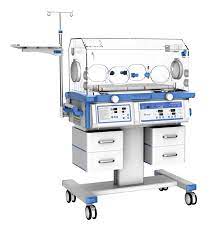
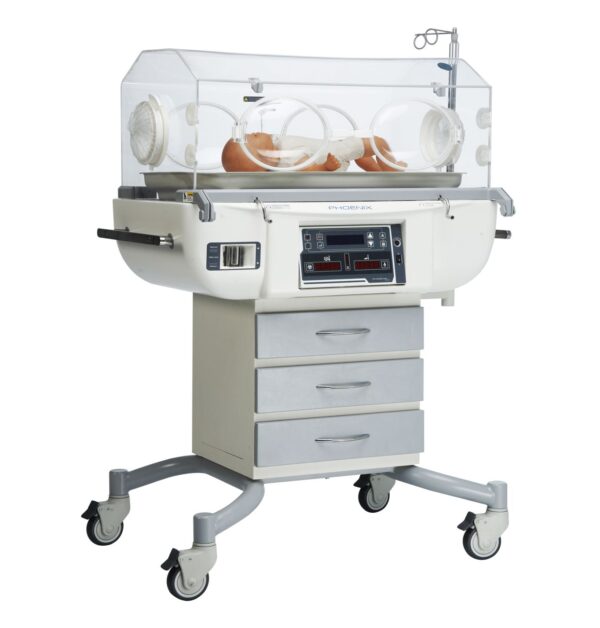

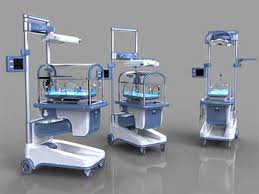
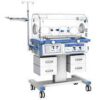
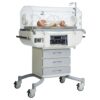

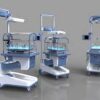


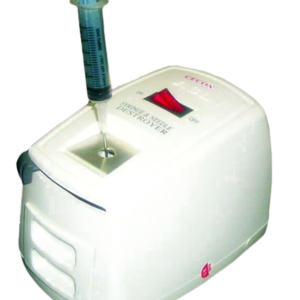

Reviews
There are no reviews yet.